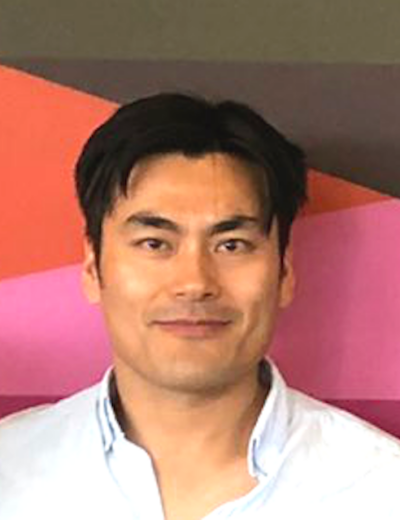Alzheimer’s disease (AD) is on the rise, affecting approximately 45 million people worldwide. AD imposes a formidable socioeconomic burden on individuals, their families and society at large, to the annual tune of 1 trillion USD in 2018. Yet, despite more than a century of extensive research, there is still no cure. Many attempts to treat AD have been unsuccessful. As such, there is a need to expand the current range of research to elucidate additional causes of AD, allowing the identification of new culprits that will provide novel strategies and targets for anti-AD drug development. Mitochondria are subcellular organelles and are the cell’s “powerhouses.” Our brain consumes startling amounts of energy, especially when compared with other organs. The provision of this level of energy is dependent on a healthy mitochondrial pool. Unfortunately, mitochondria are susceptible to endogenous (e.g., oxidative stress) and exogenous (e.g., unhealthy food) stressors. However, damaged mitochondria are specifically identified and removed by our body’s “garbage disposal system”—a process known as “mitophagy.” The efficiency of this “disposal system” deteriorates noticeably with age, leading to the accumulation of damaged mitochondria and other ‘brain garbage.’ Accordingly, the accumulation of massive “brain garbage” leads to neuronal death and impaired memory, as observed in neurodegenerative disease such as AD. The Evandro Fang group at the University of Oslo is among the first groups to propose and demonstrate a likely causative role for defective mitophagy as a key driver in AD initiation and progression. However, the exact mechanisms underlying the interplay of defective mitophagy in AD progression remain elusive. Thus, with this Cure Alzheimer’s Fund grant, we aim to extend our research into understanding the mechanisms underlying the defective “garbage disposal system,” both in tau pathology and in the broader development and progression of AD. This approach may revolutionize our understanding of AD and serve to direct clinical drug discovery in new and more fruitful directions. Ultimately, our work on AD could reduce the socioeconomic burden of the disease and help to improve the quality of life for millions of AD patients and their families across the world.


